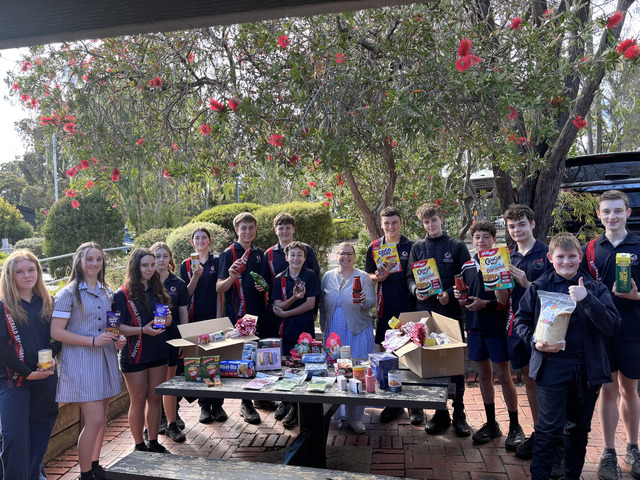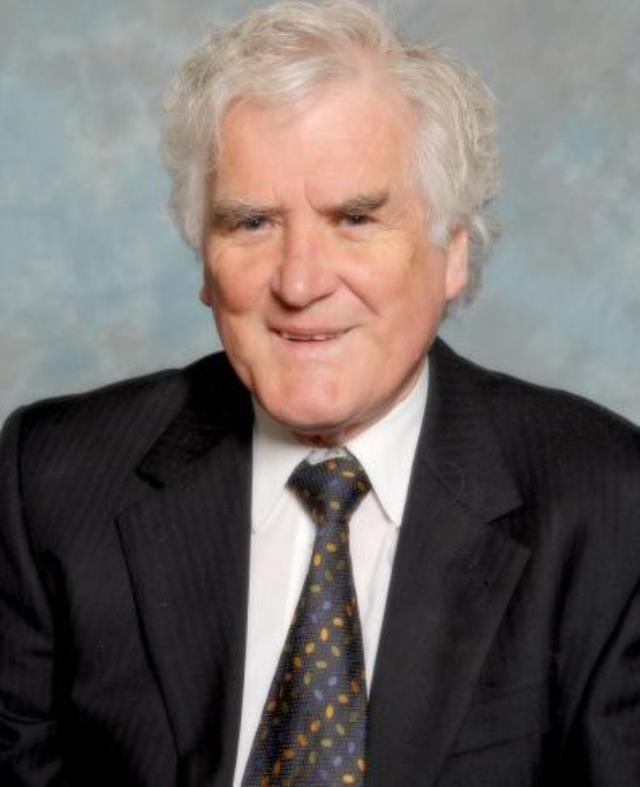Each year, the Copyright Agency’s Reading Australia Fellowship supports one experienced teacher or teacher-librarian to undertake research in an area that will enhance their skills and abilities in the teaching of English and literacy to Australian students.
The 2021 Reading Australia Fellow is Edwina West from Sydney’s Oakhill College,. Her research aims to develop resources for teachers and teacher-librarians to help students select books, with a focus on diverse and engaging Australian writing.
West highlights the issue of aliteracy – the state of being able to read but choosing not to. “It seems that reading for pleasure is declining, eclipsed by ever-growing preferences for digital devices. Not only is reading less desired by young people, but Australian Census Data indicates that reading for pleasure declines as we age.”
This is a problem, as reading can enhance educational outcomes and promote positive personal and social behaviour. For young people and adults alike, reading helps improve emotional intelligence and increase empathy.
In West’s view, to increase reading for pleasure, a two-pronged approach is to help young people learn how to choose quality books, while ensuring such books are available for them to choose.
Furthermore, with teachers and parents helping Australian students be better exposed to Australian books, it is crucial that they can acquire Australian books that connect to young readers and represent today’s rapidly changing world.
To support young people in their reading choices, we need to know their reading habits. West cites “Reading the reader; A survey of Australian reading habits” by Macquarie University and the Australian Council for the Arts in 2017:
“One interesting trend identified was that most young people did not consciously choose to read books by Australian authors, with only 12% stating that they liked them. This was notably different to adults aged 50 and over, who seemed to actively choose to read Australian writing.”
As a parent/reader proactively promoting Australian writing, this reviewer agrees with West’s sentiment that “it does make me wonder why deliberate consideration of Australian texts is not as important to young readers”.
However, another study may offer some insight into this issue. The “Teen Reading in the Digital Era” research project by Deakin University and Murdoch University focused on recreational reading using both traditional print and digital texts.
Their Snapshot Report released in March 2017 found that, for enthusiastic/dedicated young readers, school libraries are the primary enablers of access to and advice about good books. “This suggests that a priority should be resourcing school libraries with trained teacher-librarians to drive collection and provide informed reader advice.”
Meanwhile, the report found that teenage readers not only read library books and free web based digital content, they also buy books both online and offline. Their top five genres are fantasy, contemporary realist fiction, science fiction, auto/biography, and action/adventure.
Finally, like adults, young readers share ebooks with families and friends, and trade information about where to find books. But only 18% of them used social media to discuss books, with Instagram, Wattpad and Goodreads being their most favourite platforms.
The good news is, at the 2017 Reading Matters conference organised by State Library Victoria, Dr Leonie Rutherford from Deakin University stressed that, even with the latest digital technologies, our young people still prefer reading print books.
Hence it is up to teachers, teacher-librarians and parents, as well as authors, publishers and reviewers, to listen and connect to our young readers through books. As Daniel Micallef, Library Manager of Footscray City College, suggested at the aforementioned conference: “Don’t worry if kids don’t like the books. Let them find the ones they want to read.”







